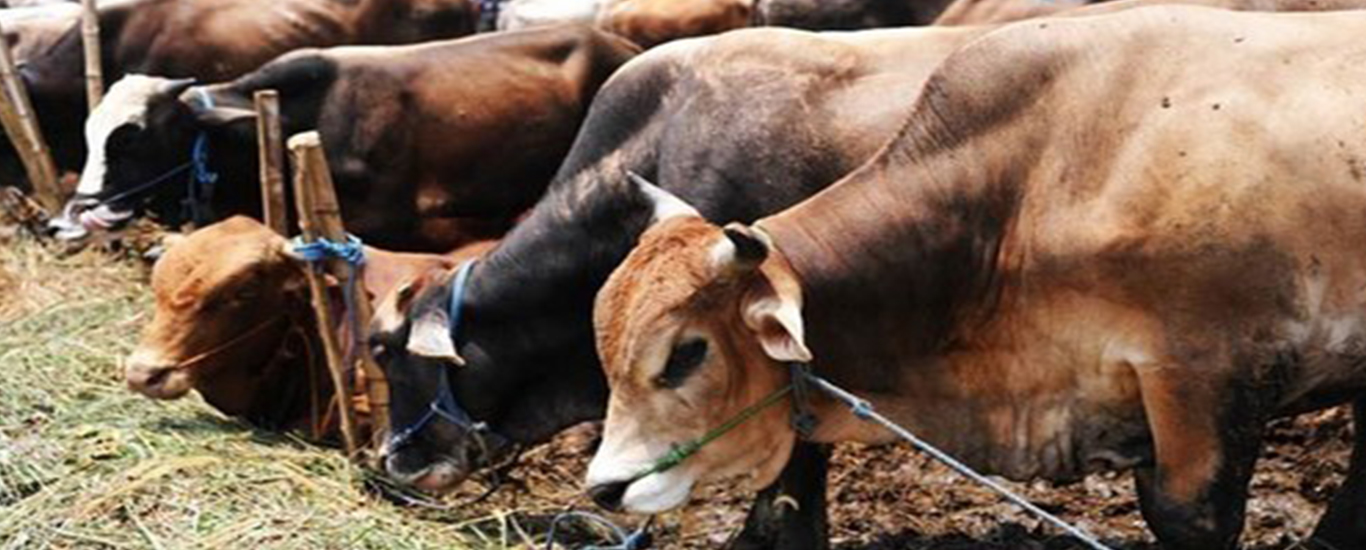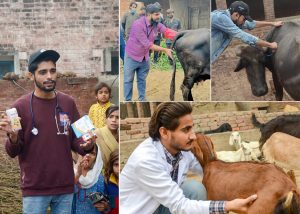
ISLAMABAD: Upset by the recent Supreme Court ban on the sale and import of hormonal injections for use in livestock, associations of dairy farmers have appealed to the chief justice of Pakistan to give farmers at least five months to abandon this practice and replace their old cattle on these drugs with new animals.
They warned that milk production would be cut down by 70 per cent and the dairy industry in Karachi would collapse if relief time was not provided.
According to media report Dairy Farmers Association and Karachi Dairy Farmers Association said that the sudden decision to ban the hormonal injections being used for increasing milk production for the past 15 years at dairy farms — around 7,000 in Karachi — had started affecting dairy businesses.
“Most dairy farmers in Karachi have been using these hormonal injections for many years. Their current cattle stock is also on these drugs. Our animals are used to getting these injections and it’s impossible to change their behaviour overnight or immediately create natural conditions to increase milk production,” explained Shaukat Mukhtar, representing the Karachi Dairy Farmers Association.
According to him, milk production at dairy farms has gone down and Karachiites would soon experience shortage in milk supplies. The city is supplied with 5.5m liters of milk daily.
“We are not against the ban but want some time to replace our animals already used to getting these injections. Otherwise, this ban would ruin thousands of families associated directly or indirectly with the dairy business,” Haji Mukhtar of the Dairy Farmers Association said, insisting that farmers had done nothing illegal as these hormonal drugs were registered with the government.
Milk prices, he pointed out, hadn’t been increased in the city for four years and this court decision would add to farmers’ woes.
These reps, however, expressed ignorance about any harmful effects these drugs may cause to animals and humans and argued that they were approved by FDA and were being used in many countries including the US.
To a question, they said an animal received a single dose of milk production hormone once a day for almost the whole lactating period (on an average eight months).
Dr Nasrullah Panhwar, a senior veterinarian, agreed with the farmers’ demand for granting relief period to farmers and said that the sudden decision would reduce milk production.
“I couldn’t find any scientific literature against these drugs 20 years back when they were being introduced in Pakistan, though they did increase calving interval. Having said that, I believe that the Supreme Court decision should be implemented by giving farmers adequate time to bring new animals and increase milk production through changing livestock feeding pattern,” he said.
Dr Panhwar criticised the composition of Drug Regulatory Authority of Pakistan (Drap), which, he said was dominated by Punjab.
Upon contact, director general livestock Sindh Dr Ali Akbar Soomro said that though the court ban would be implemented by the provincial health department in coordination with Drap inspectors, a proposal would soon be sent to the chief secretary to ban the drugs in Sindh as well.
“We have decided to send a letter to the chief secretary with a request banning these drugs. They are harmful to both animals and humans,” he said.







